Swiss distiller creates world’s best vodka in Cape Verde

Think of vodka and you probably think of cold locations. But the vodka voted the best in the world comes from a warm island in the Atlantic: “Prosperous Vodka” from Cape Verde has won gold at the International Wine and Spirits Competition. It is distilled by Appenzell-born José Steiner.
Steiner, 28, has lived in Praia, the capital of Cape Verde, for nine years. Before he started distilling spirits, he ran a drinks shop, becoming increasingly interested in the production of the drinks. “I asked myself why one drink is better than another and why one costs CHF10 ($11) and another CHF40.”
Steiner did some research and completed a distillation course in the Netherlands. Back in Cape Verde, he sold his business and bought a distilling machine.
“I wanted to make a gin that came from here,” Steiner says over the phone from Cape Verde. That didn’t exist back then; the only comparable local drink up was sugar cane schnapps, known as grog. The country is very dry, it rarely rains and volcanoes characterise the landscape.

Teething problems
The island state offers numerous beaches – but also disadvantages. “Many things that we take for granted in Switzerland don’t exist here,” he says. No clothing chains, no McDonald’s, no bottles and lids for Steiner’s vodka. “Everything has to be imported.”
Steiner has also realised that it is not always easy to be the first to do something in a country. While the government was regulating the production of gin, his licence was suspended and he had to stop distilling. Not a good start for a new business.
Once everything was sorted out, Steiner switched to vodka. Both spirits are suitable if you want to see results quickly, as there is no long storage time in the barrel, as is the case with whisky, for example.
With gin, so-called botanicals are added to the alcohol to create its own flavour, which can be herbs, spices or fruit. What should a vodka taste like? “As neutral as possible,” Steiner says.
Vodka is distilled from carbohydrates, so it can be made from almost anything. “In France, for example, there is vodka made from grapes,” he says. “But you have to get the flavour out again.”

Taste of vodka
Steiner’s vodka is made from grain, with all flavours and fats distilled out. The gluten has also been removed, leaving pure alcohol with water. “You can add a flavour, for example a light bread flavour. But not everyone will like it.”
With his vodka, however, he has met the taste of the jury. Over 3,000 drinks are judged at the International Wine and Spirits Competition in London, and José Steiner’s vodka scored 99 out of 100 points. One hundred points are never awarded at the competition.
How are you doing? Follow this link to participate in the major SBC survey.External link

More
How are you? What is on your mind? Take part in our big survey
He was on holiday when the good news arrived. “Nobody slept after that,” he says and laughs. “We knew we weren’t doing anything badly, but the maximum number of points was a great surprise.”
Although he left Switzerland a long time ago, Steiner speaks dialect effortlessly. He talks cheerfully about his life and his latest success in Cape Verde. His first emigration experience, however, was a little more difficult.
Steiner spent the first ten years of his life far away from the ocean in the village of Schwellbrunn in canton Appenzell Outer Rhodes, northeastern Switzerland. His parents then moved with him to Romanshorn on Lake Constance, and when he was 14, the family moved to Portugal on the Algarve coast.

More
How Swiss-designed wigs make their way from Bali to the big screen
Portuguese shock
This was a bit of a shock for the teenager. Although he was already in contact with the Portuguese community in Romanshorn, when he attended school in Portugal for the first time, he realised that his Portuguese was not good enough. Although he spoke Portuguese with his mother at home, he barely understood the teachers at first and had to memorise entire pages of books in order to pass the exams.
Summer jobs in restaurants, bars and clubs helped him to perfect his Portuguese and also learn Spanish and English. One of these jobs was to change his life: He met his girlfriend Lívia at work. She wanted to return to her native Cape Verde after her studies in Portugal. And José Steiner went with her.

Today they are married and have a five-year-old daughter. Steiner has learnt another language: he now also speaks Creole, the language of the islands, with which the locals identify. The official language of the country is Portuguese.
It is important to him that his vodka is recognised as a local product. The most famous islands in the country can be seen on the label and his business partner is a Cape Verdean, because “it’s better if there’s a Cape Verdean face as well”.
The only flaw is that the grain used to make the vodka does not grow on the volcanic islands, but is imported from France. “Chocolate is also considered a Swiss product, even though the cocoa doesn’t grow in Switzerland,” Steiner points out.
Swiss influence
The half of his life that he spent in Switzerland has left its mark on José Steiner. When he thinks of Switzerland, he doesn’t miss Swiss chocolate or cervelats – he misses the place where he grew up and to which he regularly travels back. He has even taken his daughter to a cattle show – “so that she gets to know it too”.

In Switzerland, he also meets up with people from the past. “That’s good for me,” he says. Making new friends in Cape Verde is not easy for him. “I’m not the most open person,” he says. In addition, as a foreigner, he always has to check whether a friendship is based on financial interest.
Steiner has not discarded one typical Swiss characteristic abroad. “I’m very punctual!” he says. In complete contrast to the inhabitants of Cape Verde. He has adapted a little to his new home. “I don’t know if I could still live in Switzerland, where everything is so organised.” A middle ground would be perfect for him.
But Steiner will probably stay in Cape Verde for a while yet. He currently needs a lot of the imported bottles. “We fill 300 bottles a day.” The goal is even more. Steiner’s vodka is available in Portugal, but not yet in Switzerland, which is also a major goal. “It would be a great joy,” he says.
Edited by Balz Rigendinger. Translated from German by DeepL/ts
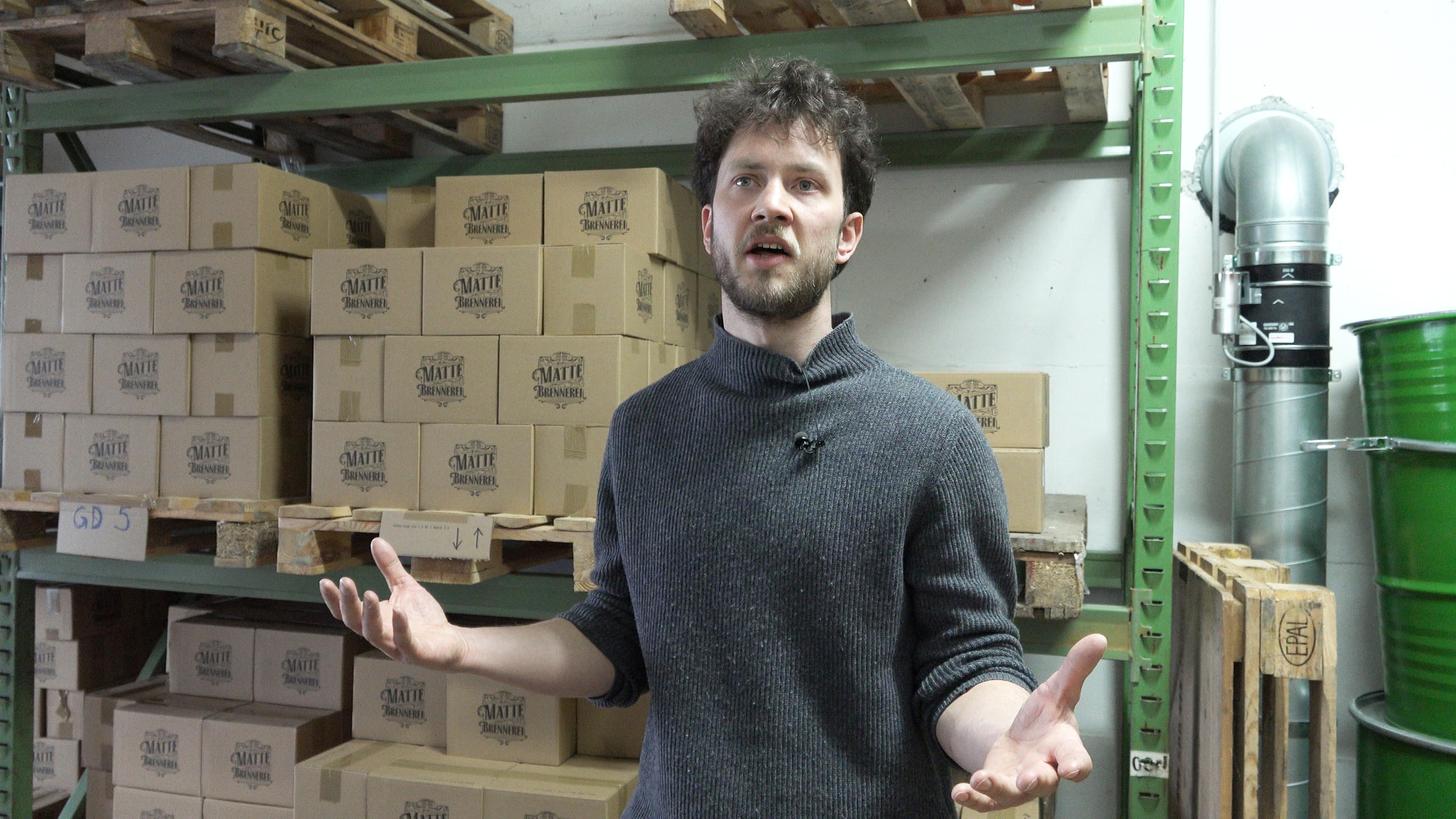
More
Bern distillers use their alcohol to help fight viruses

More
Newsletters

In compliance with the JTI standards
More: SWI swissinfo.ch certified by the Journalism Trust Initiative
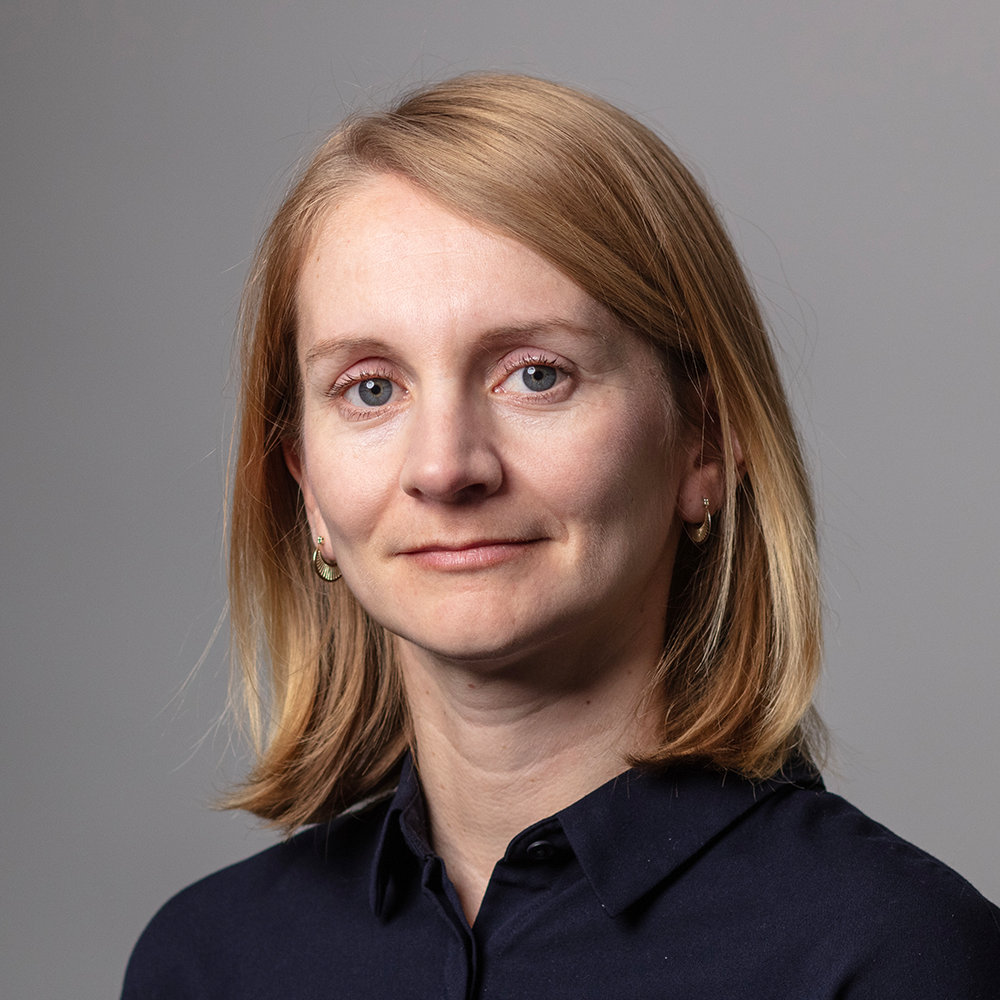








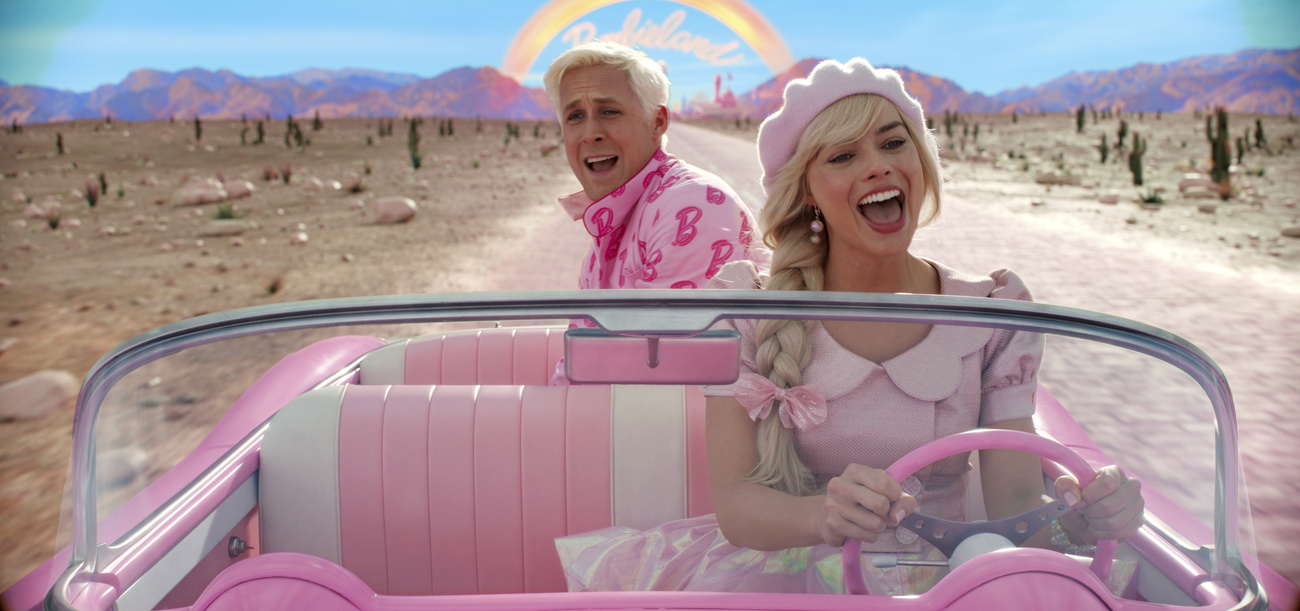
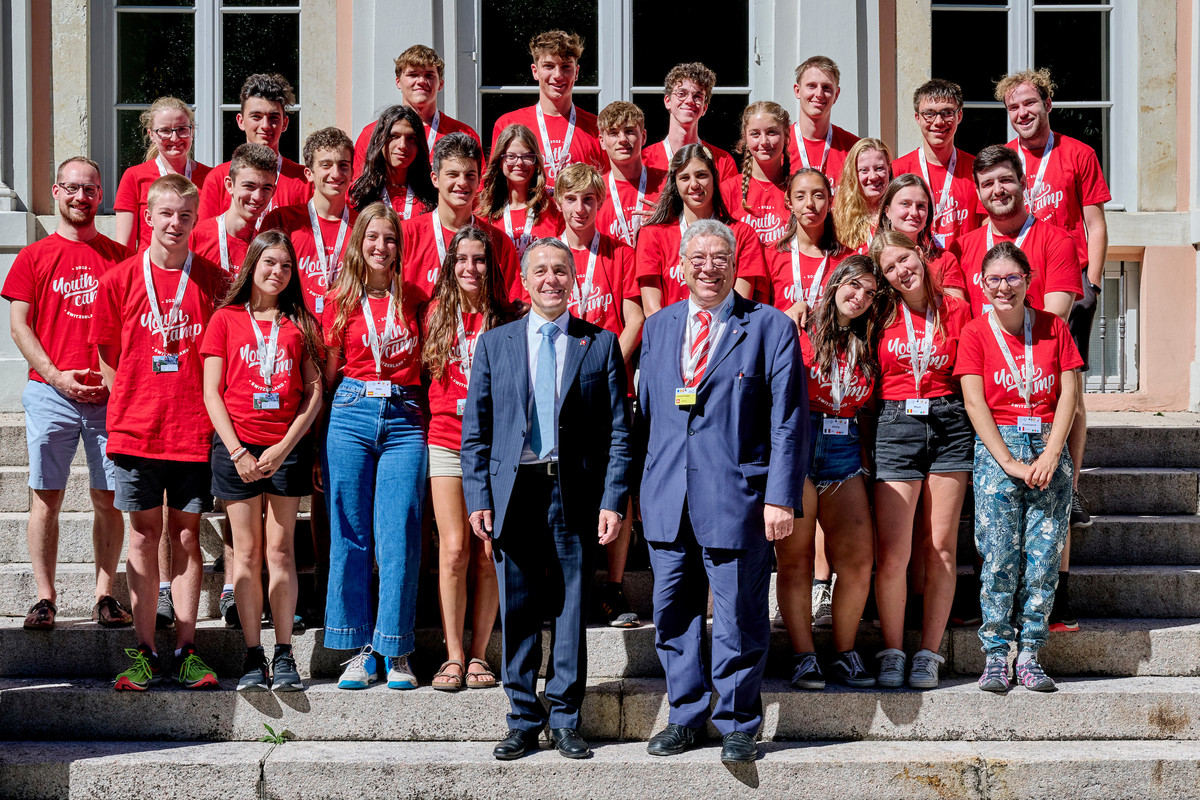
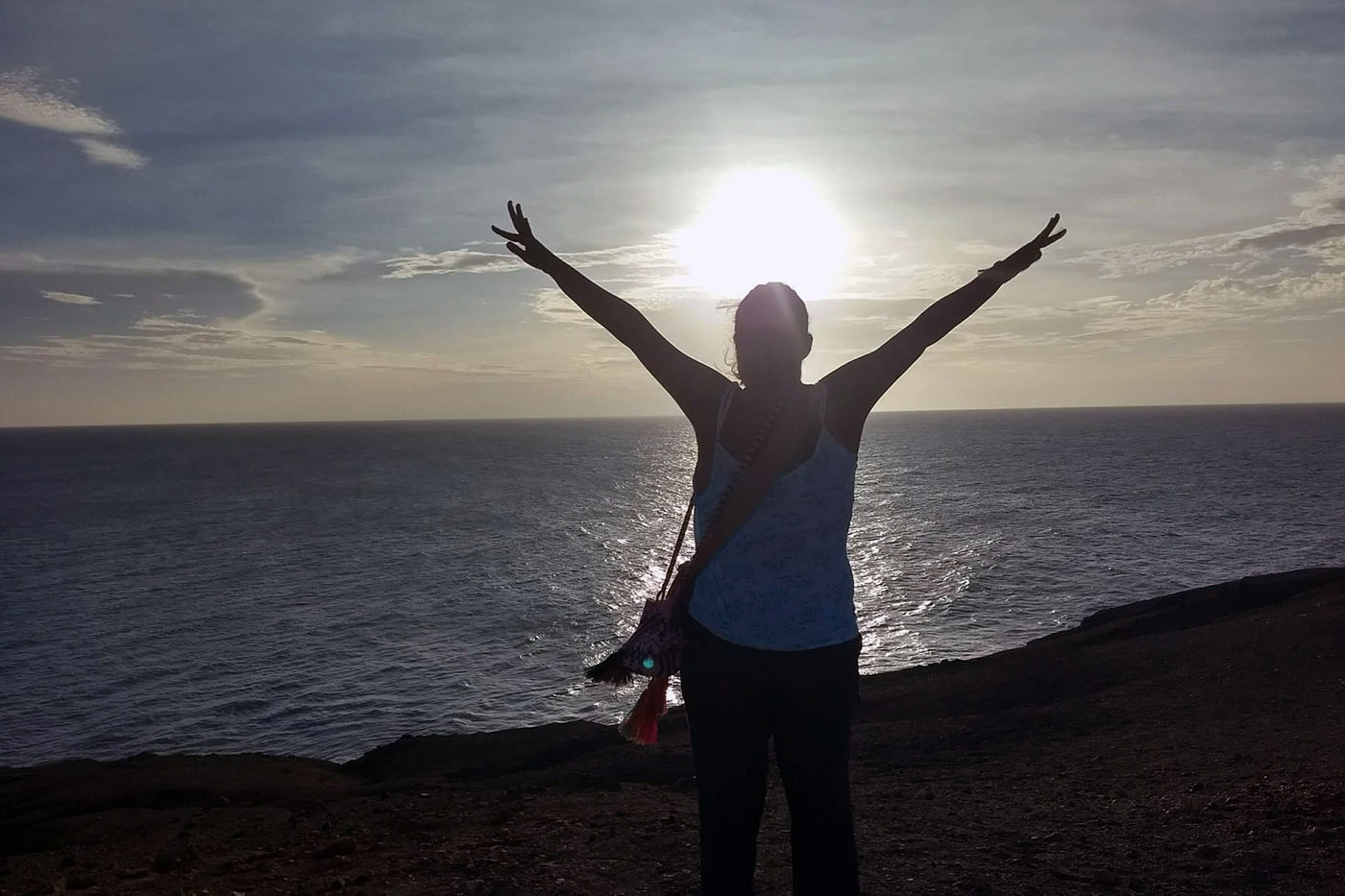
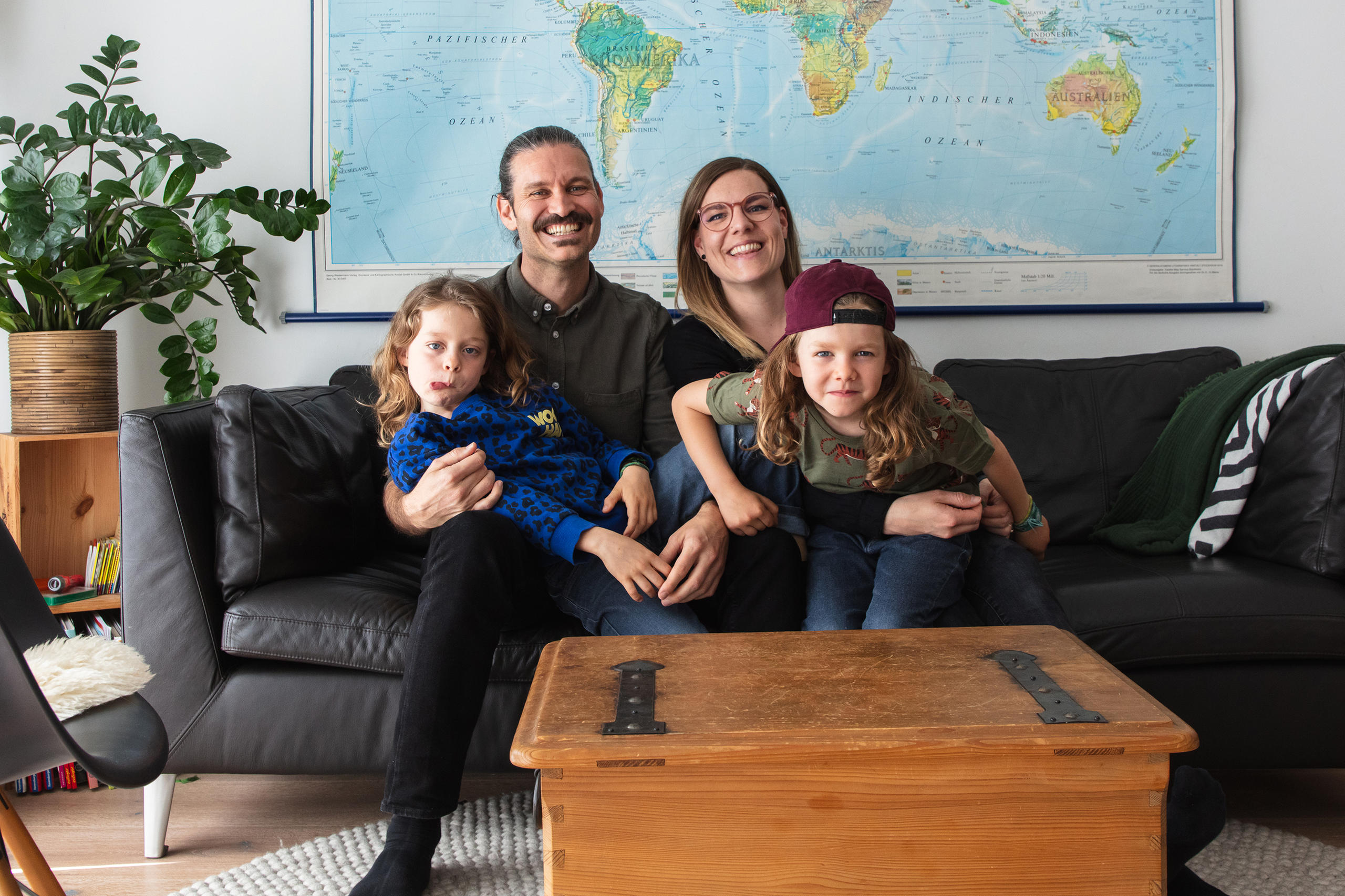
You can find an overview of ongoing debates with our journalists here . Please join us!
If you want to start a conversation about a topic raised in this article or want to report factual errors, email us at english@swissinfo.ch.